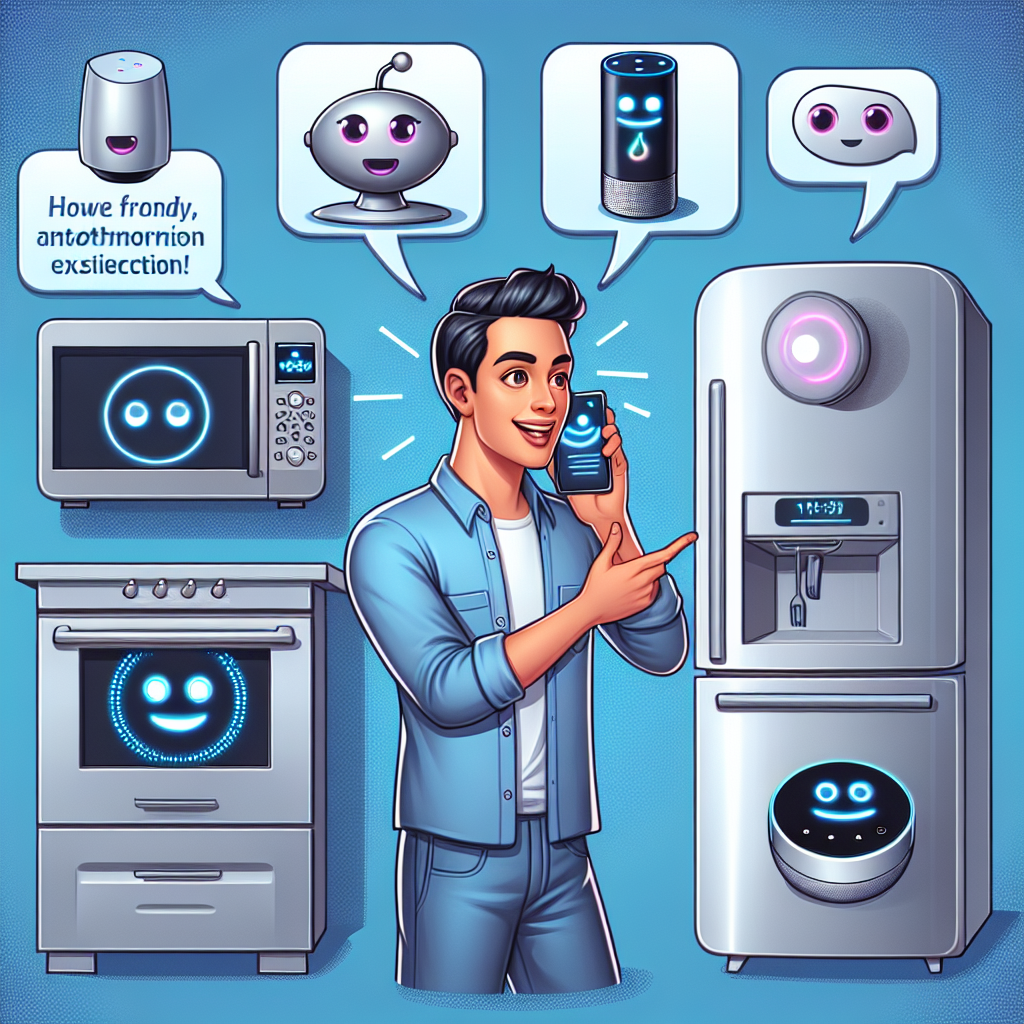In today’s rapidly evolving technological landscape, businesses across various sectors are searching for solutions that address their unique challenges. Enter Vertical SaaS—software solutions tailored specifically to meet the distinct needs of particular industries. Unlike traditional one-size-fits-all software, these industry-specific platforms are revolutionizing how businesses operate by providing specialized tools designed with their unique workflows and requirements in mind.
Vertical SaaS has emerged as a game-changer for sectors like healthcare, finance, manufacturing, hospitality, and legal services. Industry-specific software solutions are growing in importance across these verticals. For instance, platforms like Toast have transformed restaurant operations by integrating point-of-sale systems, inventory management, and payment solutions into one comprehensive platform designed exclusively for the food service industry. This level of specialization allows businesses to streamline their processes using tools that speak their language and understand their unique challenges.
What sets Vertical SaaS apart is its deep integration with industry-specific workflows. These solutions are built from the ground up with a thorough understanding of the sector they serve, offering functionalities that address pain points traditional software often overlooks. The result? Higher adoption rates, improved operational efficiency, and better ROI for businesses that implement these tailored solutions.
AI as a Catalyst for Vertical SaaS Innovation
AI technology is revolutionizing industry-specific software solutions, creating unprecedented opportunities for businesses of all sizes.
While Vertical SaaS has already made significant strides in transforming industries, the integration of AI technology is taking these platforms to unprecedented heights. AI acts as a powerful catalyst, supercharging industry-specific solutions with intelligent capabilities that enhance innovation and deliver exceptional customer service.
For individual entrepreneurs and small businesses, AI-powered Vertical SaaS solutions offer access to sophisticated tools that were previously available only to enterprises with substantial resources. A solo business owner can now leverage intelligent collaboration features to automate routine tasks, analyze trends, and make data-driven decisions without needing a dedicated IT team or data scientists.
Customizable AI digital workers represent one of the most transformative aspects of modern Vertical SaaS platforms. These digital workers can be tailored to perform industry-specific functions, whether it’s processing insurance claims in healthcare, analyzing risk in finance, or optimizing supply chains in manufacturing. Small team companies benefit enormously from these adaptable AI assistants that can be configured to match their unique operational needs without extensive programming knowledge.
For developers and technical professionals, AI integration opens up new horizons for creating sophisticated applications with less code. By leveraging pre-built AI models and intelligent components, software engineers can focus on innovation rather than reinventing the wheel, accelerating development cycles and bringing solutions to market faster.
Personal use AI products are also flourishing within the Vertical SaaS ecosystem, enabling individuals to create customized solutions for their specific needs. From intelligent content creation assistants to personalized financial advisors, these AI tools are democratizing access to advanced capabilities, putting powerful technology into the hands of everyday users.
Empowering Users Through Low-Code Platforms
Low-code platforms combined with AI capabilities are democratizing application development, allowing users with minimal technical expertise to create powerful industry-specific solutions.
The marriage of AI and low-code development platforms has emerged as a particularly potent combination in the Vertical SaaS space. These platforms are breaking down traditional barriers to AI application development, enabling users with minimal programming expertise to design sophisticated AI applications rapidly.
Low-code platforms provide intuitive, visual interfaces where users can drag and drop components to create functional applications. When enhanced with AI capabilities, these platforms become even more powerful, offering pre-built AI modules that can be easily integrated into custom solutions. This democratization of AI application development is particularly valuable for small businesses and startups that lack dedicated development resources but need custom solutions to address their industry-specific challenges.
“Combining generative AI and low-code enables developers to build powerful applications at a whole new pace,” notes a recent industry report. This acceleration isn’t just about speed—it’s about expanding who can participate in the development process. Organizations can now bring non-developers into application creation, encouraging innovation from those who understand the business challenges best.
The benefits of AI-driven low-code platforms extend beyond just ease of use. They offer significant cost efficiencies by reducing the need for specialized AI talent, which is both scarce and expensive. Small businesses can achieve faster time-to-market for their ideas, allowing them to remain competitive in rapidly evolving industries. Additionally, the validation capabilities built into modern low-code platforms help maintain code quality even as development speeds increase, ensuring reliable and robust solutions.
For technical professionals, these platforms don’t replace their expertise but rather amplify it. Developers can focus on solving complex problems while leveraging low-code tools for routine aspects of application development, resulting in higher productivity and more innovative solutions.
Transforming Operations Through AI-Powered Workflow Automation
Intelligent workflow automation is streamlining operations across industries, reducing costs while improving accuracy and consistency.
One of the most significant impacts of AI in Vertical SaaS platforms is in workflow automation, where intelligent systems streamline operations across various industries. AI-powered workflow automation goes beyond simple rule-based processes, using machine learning to adapt and optimize workflows based on patterns and outcomes.
In healthcare, for example, AI workflows can automate patient scheduling, insurance verification, and even assist with preliminary diagnoses. In finance, automated workflows can handle loan processing, fraud detection, and regulatory compliance checks with minimal human intervention. These automated processes significantly reduce human error—a critical advantage in industries where mistakes can have serious consequences.
According to a Deloitte report, organizations implementing AI in workflow automation expect a 31% decrease in operational expenses. This substantial cost reduction comes from eliminating manual, repetitive tasks and enabling employees to focus on higher-value strategic activities that require human judgment and creativity.
“By minimizing human intervention, AI-driven automation reduces the likelihood of errors, ensuring more reliable and consistent outcomes, thereby improving overall quality,” explains one industry expert. This reliability is particularly valuable in regulated industries where consistency and compliance are paramount.
For small businesses and entrepreneurs, AI workflow automation offers a way to operate with the efficiency of much larger organizations. A small team can accomplish more with fewer resources, allowing them to compete effectively against larger players in their industry. The right AI SaaS creation platform can help these businesses build customized workflows tailored to their specific operational needs, further enhancing their competitive advantage.
Fostering Innovation Through Collaborative Ecosystems
Collaborative ecosystems enable users to share and monetize their AI innovations, creating a virtuous cycle of continuous improvement and expanded capabilities.
A particularly exciting development in the AI SaaS creation landscape is the emergence of collaborative ecosystems where users can share and sell their AI products. These marketplaces foster innovation by allowing creators to build upon each other’s work, accelerating the development of new solutions and opening up new revenue streams for entrepreneurs.
For individual entrepreneurs, these ecosystems provide an opportunity to monetize their expertise in particular industries by creating specialized AI tools that address niche challenges. A healthcare professional might develop an AI workflow that streamlines patient intake procedures, then offer it to other practices through a marketplace. This creates a win-win situation: the developer generates income from their innovation, while other businesses gain access to valuable tools without having to build them from scratch.
Small businesses benefit from these ecosystems by gaining access to a wide range of industry-specific solutions at affordable prices. Rather than commissioning custom software development—which can be prohibitively expensive for smaller organizations—they can purchase pre-built AI products designed specifically for their industry and customize them to fit their particular needs.
These collaborative ecosystems also drive continuous improvement through user feedback and iterative development. As more users adopt and adapt AI products, creators gain insights that help them refine their offerings, resulting in increasingly sophisticated and effective solutions over time.
Making Advanced AI Accessible Through User-Friendly Tools
User-friendly interfaces are making advanced AI capabilities accessible to non-technical users, expanding who can benefit from these powerful technologies.
The technical complexity of AI has traditionally been a significant barrier to adoption, particularly for non-technical users. Modern AI SaaS creation platforms are addressing this challenge by providing user-friendly tools that simplify interactions with advanced AI functionalities, making these powerful capabilities accessible to users at all technical levels.
Intuitive interfaces with visual design elements allow users to create AI workflows without writing code. Natural language processing enables interaction with AI systems using everyday language rather than technical commands. These user-friendly approaches democratize access to AI technology, allowing business users to leverage advanced capabilities without extensive technical training.
For individual entrepreneurs who may lack technical resources, these accessible tools are particularly valuable. They enable solopreneurs to implement sophisticated AI solutions that can automate routine tasks, analyze customer data, and provide insights that drive business growth—all without hiring technical specialists or investing in extensive training.
Small team companies benefit from the reduced learning curve associated with user-friendly AI tools. Employees across different departments can quickly adopt and utilize AI capabilities, spreading the benefits throughout the organization rather than confining them to technical teams. This broad adoption maximizes the return on investment in AI technology and helps build a culture of innovation throughout the company.
Market Disruption Through Vertical AI Agents
Specialized AI agents are disrupting markets by providing affordable access to capabilities that once required expensive human expertise.
Vertical AI agents—specialized AI assistants designed for specific industries—are disrupting markets by enabling businesses to enter previously inaccessible territories. These intelligent agents combine industry-specific knowledge with AI capabilities to perform complex tasks that once required specialized human expertise.
In legal services, for instance, AI agents can review contracts, identify potential issues, and suggest revisions based on legal precedents and best practices. In healthcare, they can analyze patient data to identify patterns that might indicate potential health risks or recommend treatment options based on similar cases. These capabilities allow smaller organizations to offer services that were once the exclusive domain of larger firms with extensive specialized staff.
The cost efficiency of these vertical AI agents is particularly disruptive. They can perform tasks at a fraction of the cost of human specialists, making premium services accessible to a broader market. This democratization benefits both service providers and their clients: businesses can expand their service offerings without proportionally increasing costs, while customers gain access to high-quality services at more affordable prices.
For developers and technical professionals, vertical AI agents represent an exciting frontier for innovation. By combining domain expertise with AI capabilities, they can create highly specialized tools that solve complex problems in particular industries, opening up new markets and creating significant value for users.
Empowering Everyone to Create Intelligent Applications
The democratization of AI application development is creating unprecedented opportunities for innovation across industries and organization sizes.
The integration of AI into Vertical SaaS represents a fundamental shift in how businesses approach technology. No longer is AI the exclusive domain of large enterprises with substantial resources—it’s becoming accessible to organizations of all sizes, including individual entrepreneurs and small businesses.
This democratization aligns perfectly with the philosophy that everyone should have the ability to create intelligent applications tailored to their specific needs. By providing user-friendly low-code platforms that simplify AI integration, modern SaaS creation platforms are empowering users to turn their ideas into functional AI solutions without extensive technical expertise.
The potential impact of this shift is enormous. As more individuals and small teams gain the ability to create custom AI applications, we’ll see an explosion of innovation addressing previously unsolved challenges across various industries. The collective creativity and domain expertise of users worldwide will drive the development of increasingly sophisticated and effective AI solutions.
For individual entrepreneurs, small businesses, and developers alike, AI SaaS creation platforms offer unprecedented opportunities to leverage cutting-edge technology in creating solutions that drive efficiency, innovation, and growth. By fostering a collaborative ecosystem where users can share and sell their creations, these platforms multiply the impact of individual innovations, creating a virtuous cycle of continuous improvement and expanding possibilities.
In this new era of democratized AI application development, the barriers to entry are lower than ever, and the potential for transformation is limitless. The future belongs to those who embrace these powerful tools and use them to reimagine what’s possible in their industries, creating intelligent applications that solve real-world problems and unlock new opportunities for growth and innovation.









